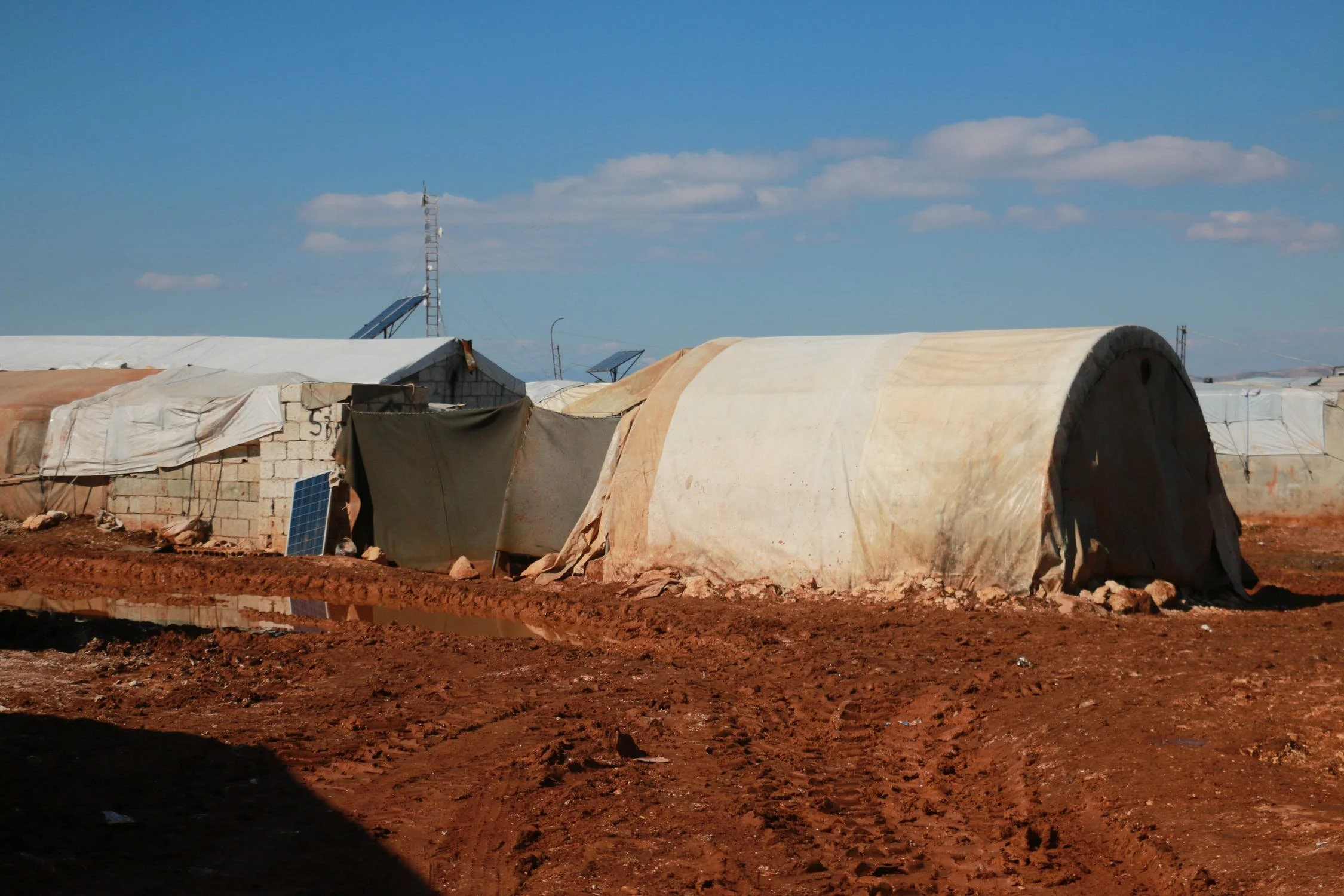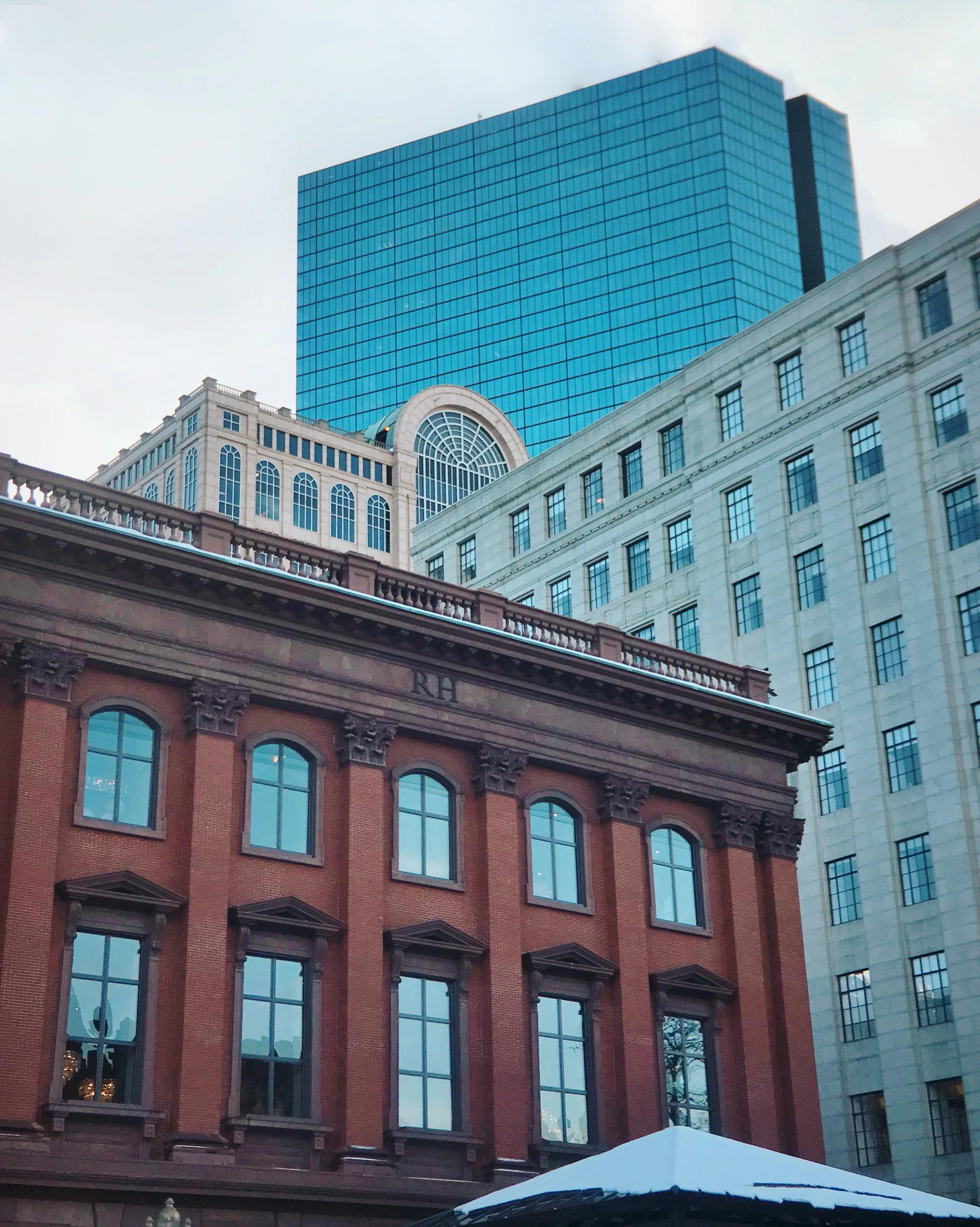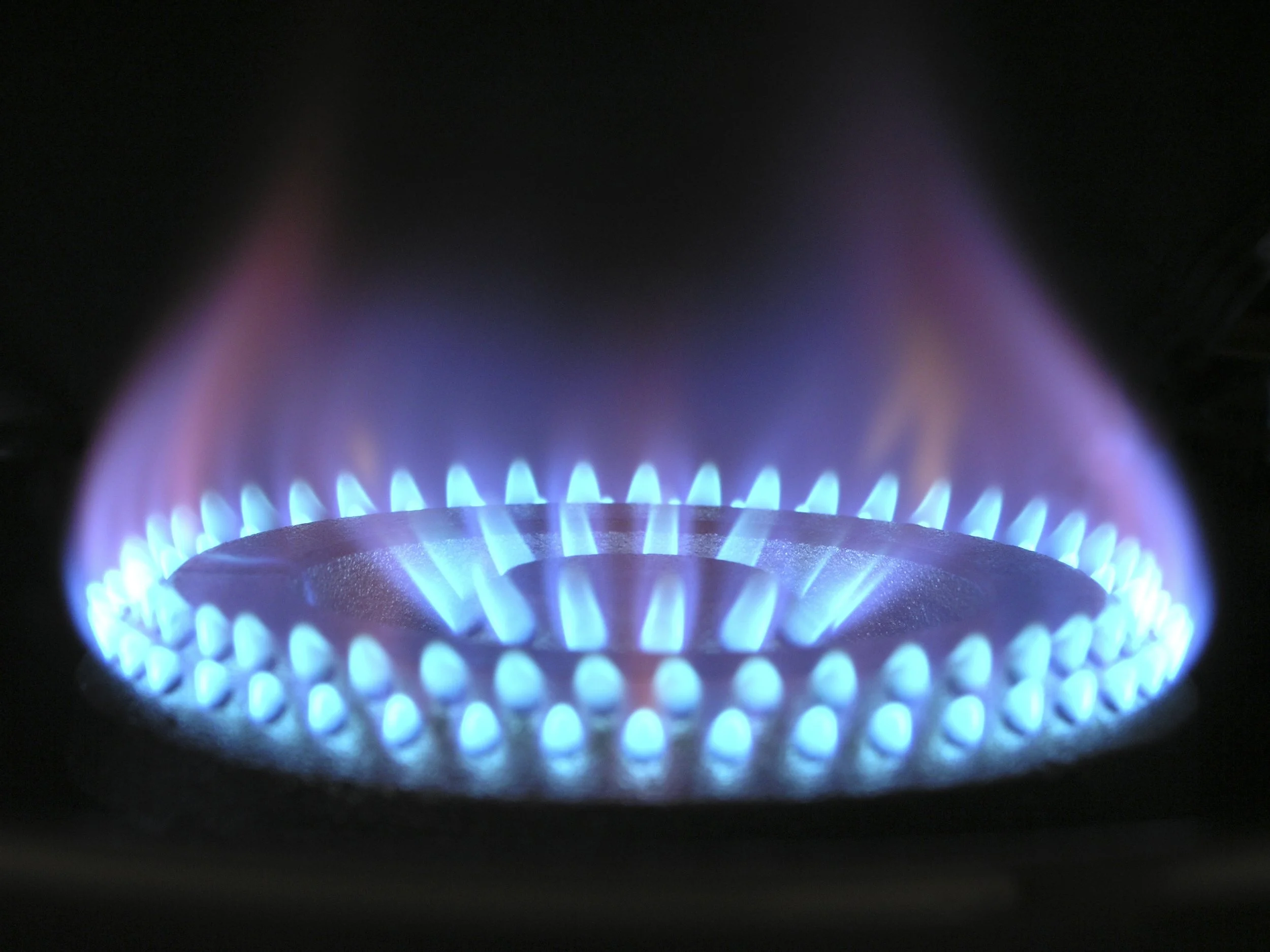Energy poverty is a struggle faced by people around the world and a barrier to prosperity and health in refugee camps. Recent advancements in microgrid technology can provide sustainable electricity and clean water, which gives refugees the resources to work, study, run a business and avoid harmful cooking fumes. In this 2-part blog, we are exploring Rwanda and sub-Saharan Africa to address disparities in refugee camps and dive into the solutions that microgrids can provide in these communities and beyond.
Boston’s BERDO 2.0
Energy Democracy & Puerto Rico
Fossil fuels aren’t just bad for the environment. They’ve arguably made their multinational companies richer while exacerbating social injustices and negatively impacting health and well-being in vulnerable populations. Energy democracy looks to reverse this narrative as it redistributes power by resisting the status quo and reclaiming and reconfiguring energy infrastructure.
A Future Without Natural Gas
In our Feb. 20th post, "COLD SNAP: NEW ENGLAND DOESN’T NEED MORE NATURAL GAS," we argued against adding more pipeline for natural gas, despite the severe storms and temperatures we have been seeing in New England. To take the idea a step further, we explored the idea of "electrification." Read on to see our case for this gas-less option.







